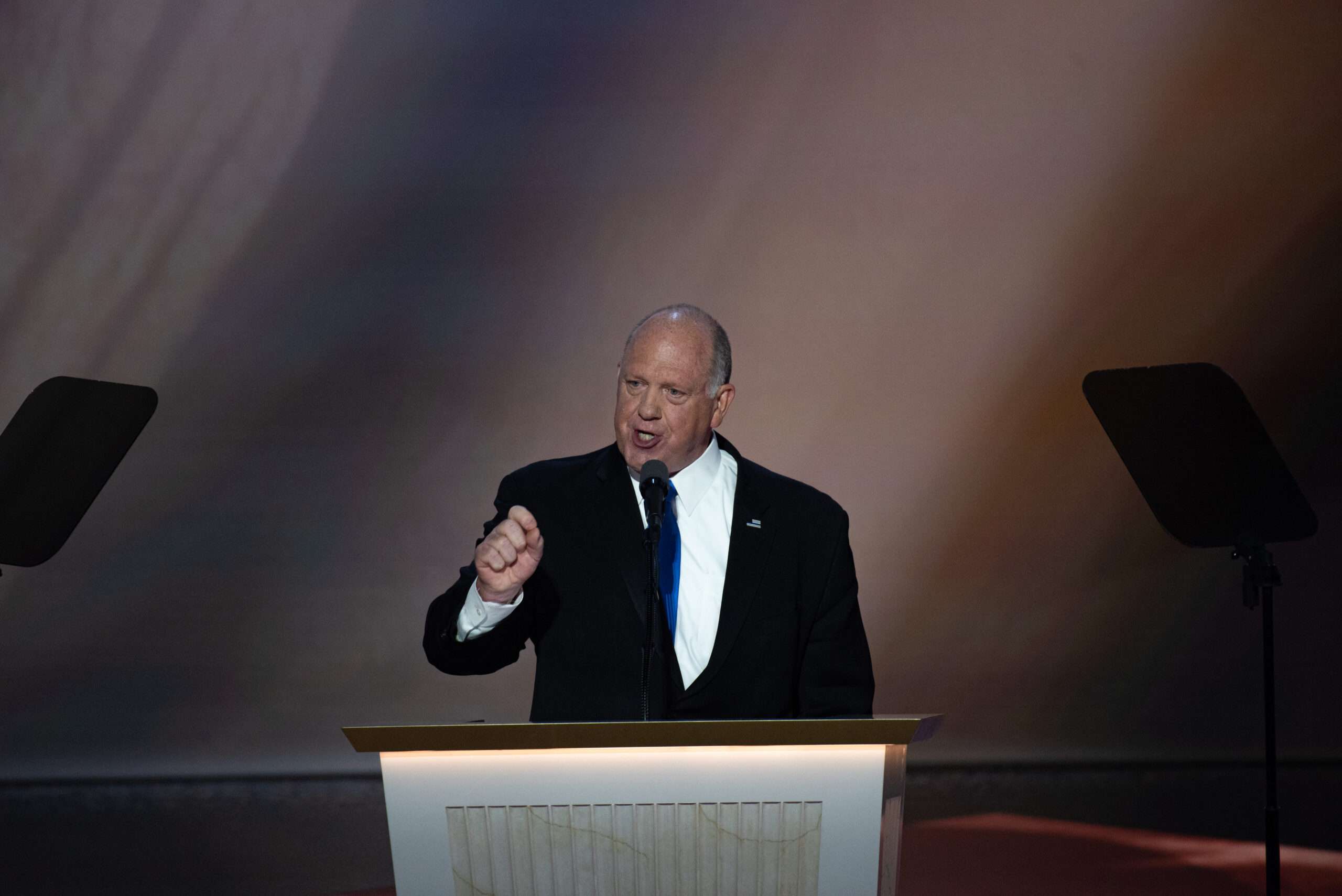Workplace Investigations
Thomas D. Homan, the former director of Immigration and Customs Enforcement (ICE), has been appointed as the new handler for immigration and border policies under Donald Trump’s incoming administration. Announced via Trump’s Truth Social platform, Homan is tasked with overseeing the deportation of illegal immigrants back to their home countries. Homan played a significant role in the family separation policy during his tenure at ICE in 2017 and 2018, whereby children and parents were separated to facilitate criminal prosecution of parents. He has expressed strong support for punitive measures against sanctuary cities, suggesting that they should face legal repercussions and funding cuts. His appointment underscores a return to strict immigration enforcement tactics anticipated in Trump’s second term.
In a recent interview with Cecilia Vega on “60 Minutes,” Homan was confronted with estimates that indicated the cost of deporting a million individuals annually could reach $88 billion. Homan did not dismiss this claim outright but rather shifted the narrative to stress the importance of national security. When pressed about the potential for mass deportations without separating families, Homan insisted that families could be deported together, a claim that raises questions given his previous defenses of the now-controversial family separation policy. He characterized the forthcoming deportation efforts as “humane” and well-coordinated, yet his comments led to skepticism about how his definition of humane might clash with public sentiment.
Homan emphasized focusing on public safety and national security threats, asserting that such concerns had intensified under President Joe Biden’s administration. While he acknowledged that some violent criminals may have entered the country, he seemed to divert attention from the broader picture of impending mass deportations. Homan’s plans involve the resumption of workplace raids on undocumented workers, which would disproportionately affect low-wage laborers who may have crossed the border in search of better opportunities. This approach, absent during Biden’s presidency, could severely disrupt local economies—similar to previous enforcement actions targeting industries like meat and poultry processing.
In discussing the financial implications of Trump’s immigration policies, Homan argued that the administration’s approach would ultimately save taxpayers money. He brought up the costs associated with providing shelter and services to migrants, claiming excessive spending on hotels and other resources while ICE beds remained underutilized. While his figures were contested, there is validity to the concern regarding the budgetary impact of supporting undocumented immigrants. Such discussions often inform political narratives surrounding legal immigration, creating a perception of immigrants as burdens rather than contributors to society.
Further illustrating Homan’s narrative, some recent political strategies have used the immigration crisis to characterize it as one requiring urgent corrective measures. Homan’s assertions may be politically advantageous for the administration as they appeal to a growing discontent among citizens tired of perceived welfare dependency. Such framing can undermine efforts to promote pathways for legal immigration, as reliance on these narratives may foster negative attitudes toward immigrants and fuel support for stricter deportation policies.
As Trump’s administration continues to coalesce, implications for immigration policy loom large. The focus on combative strategies against sanctuary cities and aggressive deportation measures signifies a potential shift in the nation’s approach to immigration enforcement. With Homan steering these initiatives, the future landscape of immigration will likely be defined by heightened enforcement tactics, amid an already polarized public debate surrounding these issues. As the political environment evolves, the nuances of these strategies and their impacts on both undocumented individuals and public perception will be pivotal in defining the legacy of the incoming administration.
Share this content:












Post Comment